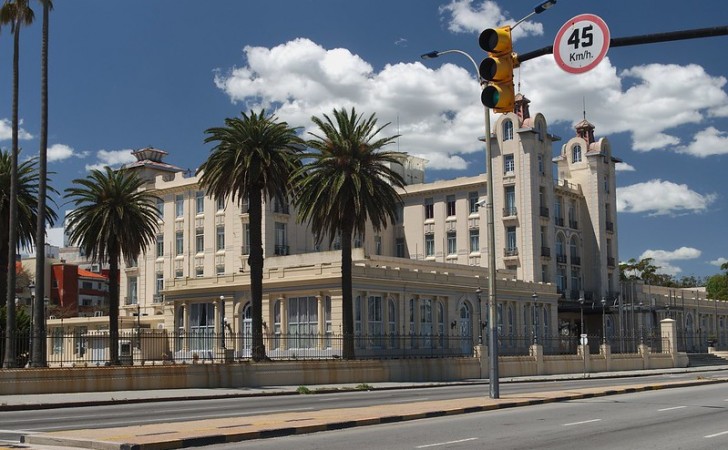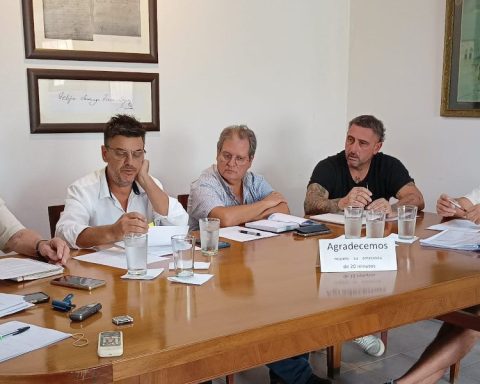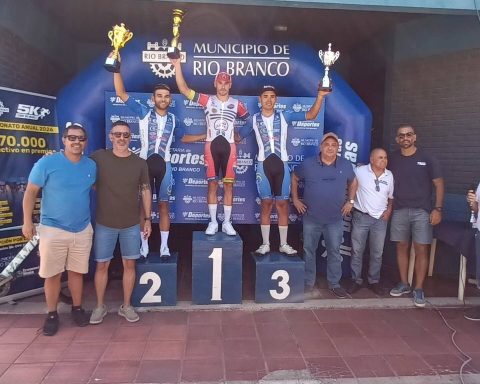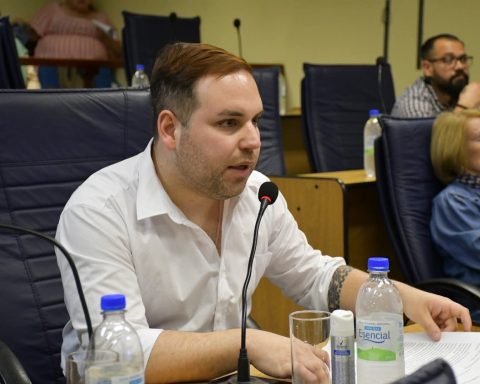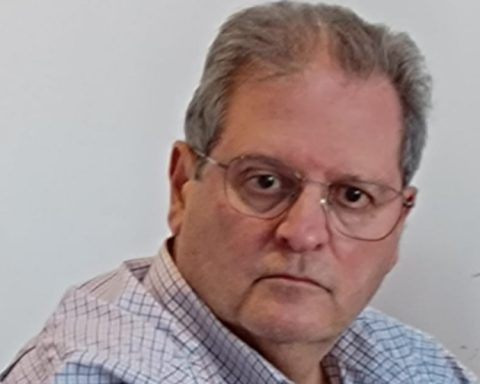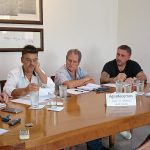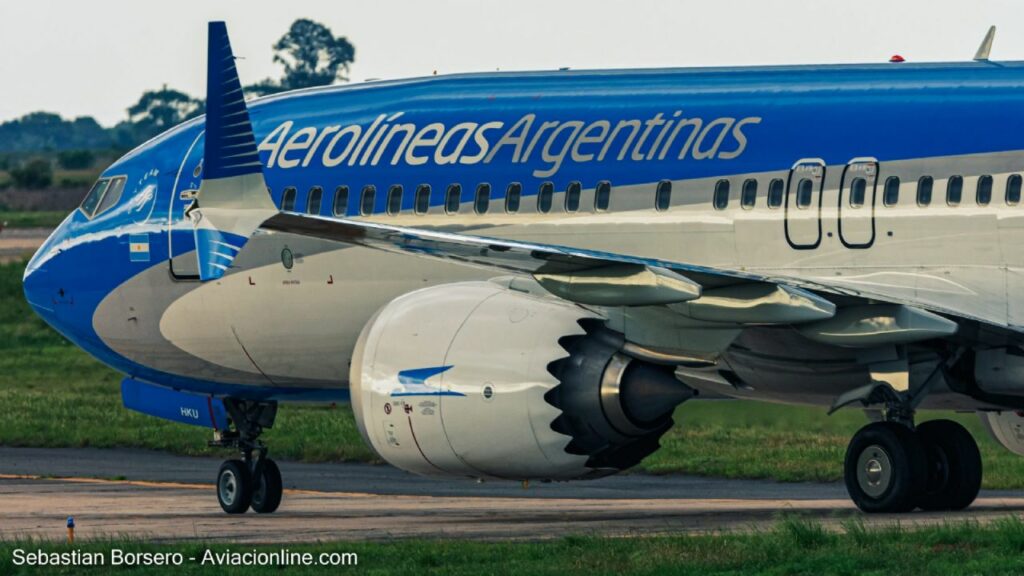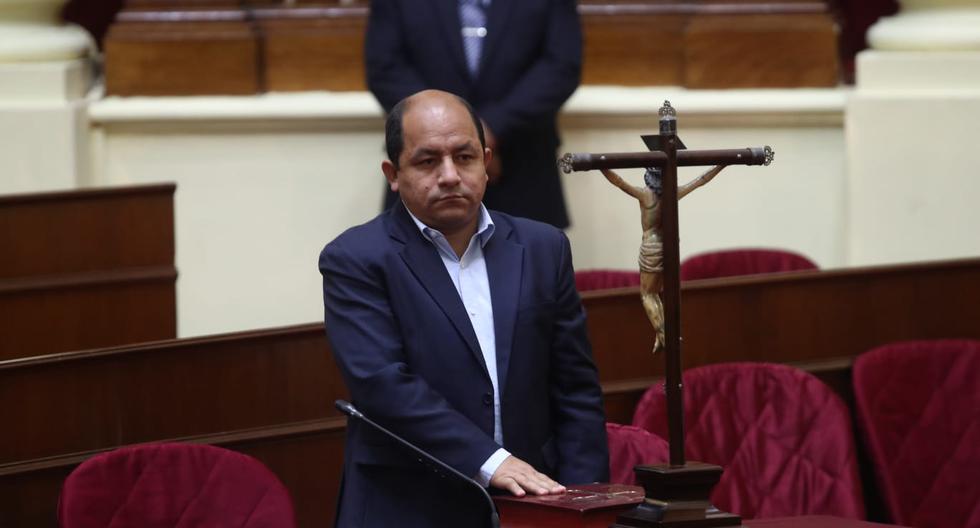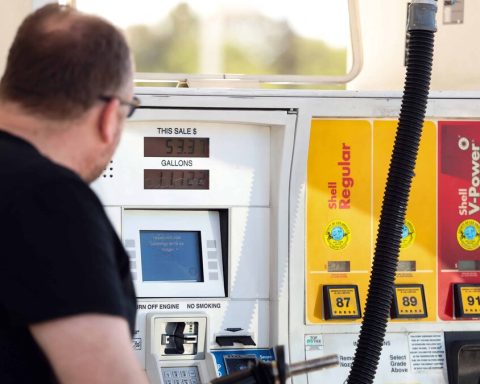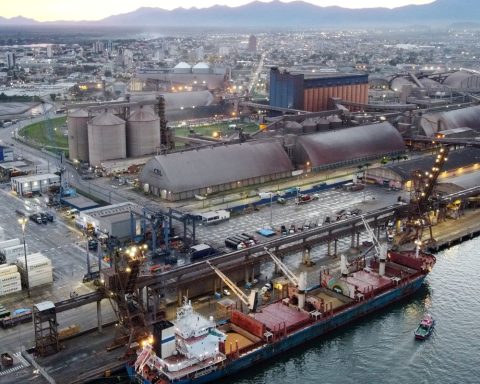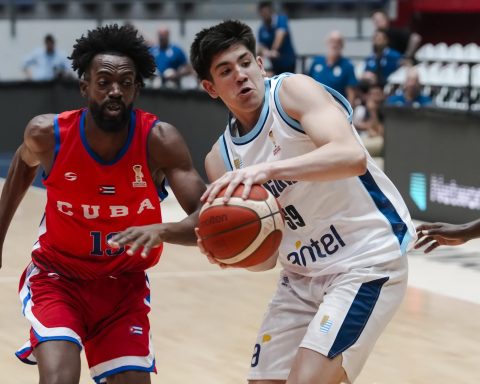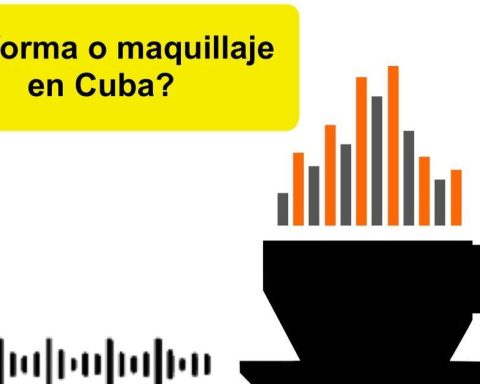Mercosur is a customs union between Argentina, Brazil, Paraguay and Uruguay, created in 1991 with the aim of promoting the economic integration and sustainable development of its members. The idea of creating a trade union in South America dates back to the 1960s, when several attempts were made to create trade agreements between the countries of the region. However, it was in 1985 when the Treaty of Asunción was signed, which established the bases for the creation of Mercosur.
Mercosur began to function in 1991 with the entry into force of the Ouro Preto Protocol, which established the rules and procedures for the implementation of the trade agreement. In 1994, the Protocol of Olivos was signed, which expanded the scope of Mercosur and established the creation of a Mercosur Parliament, a Permanent Review Court and a Mercosur Bank.
The challenges
Since its creation, Mercosur has faced various challenges and has undergone changes and adaptations in its structure and operation. One of the main challenges has been the coordination and harmonization of the economic and commercial policies of its members, since each country has different interests and priorities. In addition, Mercosur has had to face competition from other trading blocs, such as the European Union and the Pacific Alliance.
Despite these challenges, Mercosur has made significant progress in the economic and trade integration of its members. It has signed commercial agreements with several countries and commercial blocs, which has allowed for an increase in commercial exchange between the members of Mercosur and with other countries. In addition, it has developed a common investment policy and has advanced in the harmonization of norms and standards in various fields, such as intellectual property and electronic commerce.
In recent years, Mercosur has faced new challenges, such as the economic crisis in Argentina and political uncertainty in Brazil, which have called into question the bloc’s viability and future. However, the members of Mercosur remain committed to regional integration and are working to implement measures to strengthen and modernize Mercosur and make it more competitive in an increasingly global context.
Clash between Uruguay and the other members
Since before the start of the summit, the government of Uruguayan President Luis Lacale Pou has generated friction due to his administration’s interest in including Uruguay in the Trans-Pacific Alliance, despite not having access to the Pacific Ocean.
The Trans-Pacific Partnership Agreement (TPP) It was a trade agreement signed in 2015 between 12 countries in the Asia-Pacific region, including Australia, Brunei, Canada, Chile, Japan, Malaysia, Mexico, New Zealand, Peru, Singapore, and Vietnam. The TPP was intended to promote trade and investment among member countries and establish a common framework of rules and regulations in areas such as trade in goods and services, intellectual property, and electronic commerce.
The TPP was signed in 2015 after years of negotiations, but it did not take effect as the United States, one of the largest member countries, withdrew from the agreement in 2017. Without the participation of the United States, the TPP lost much of its its value and relevance and was not ratified by all member countries. In 2018, the remaining countries agreed to a new version of the TPP, known as the Comprehensive and Progressive Trans-Pacific Partnership (CPTPP), which entered into force in 2019.
Uruguay’s intentions to join the TPP provoked a note of protest from the governments of Argentina, Brazil and Paraguay, because it violates the MERCOSUR statutes by seeking to negotiate alone. Before, the Lacalle Pou government had already generated discussions for pursuing a free trade agreement with China, also alone.
